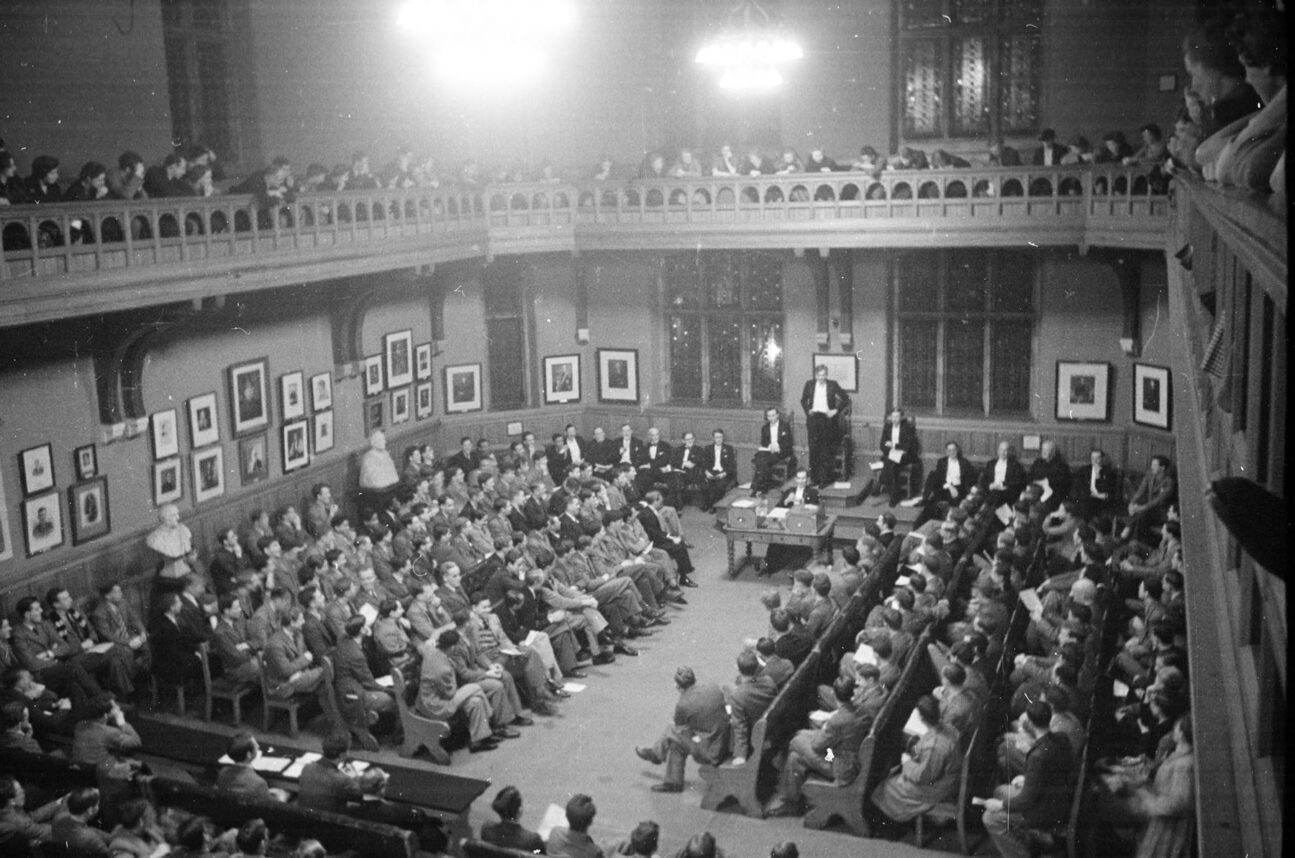
Progressive activist Angela Davis is claiming that a civil rights award was rescinded from her because of her “support of justice for Palestine.”
The Birmingham Civil Rights Institute (BCRI) announced on their website that they had chosen Davis in September to receive the Fred Shuttlesworth Human Rights Award at their February 2019 gala; however myriad “concerned individuals and organizations” prompted them to re-evaluate their choice.
“Upon closer examination of Ms. Davis’ statements and public record, we concluded that she unfortunately does not meet all of the criteria on which the award is based,” the statement read. “Therefore, on January 4, BCRI’s Board voted to rescind its invitation to Ms. Davis to honor her with the Shuttlesworth Award.”
They added, “We regret that this change is necessary, and apologize to our supporters, the community and Ms. Davis for the confusion we have caused. We will move forward with a keen focus on our mission: to enlighten each generation about civil and human rights by exploring our common past and working together in the present to build a better future.”
In a Facebook post, Davis claimed that it was her support for the Palestinians that caused her to lose the award.
“Although the BCRI refused my requests to reveal the substantive reasons for this action, I later learned that my long-term support of justice for Palestine was at issue,” Davis wrote. “This seemed particularly unfortunate, given that my own freedom was secured – and indeed my life was saved – by a vast international movement.”
Davis added that she supports “Palestinian political prisoners just as I support current political prisoners in the Basque Country, in Catalunya, in India, and in other parts of the world.”
“I have indeed expressed opposition to policies and practices of the state of Israel, as I express similar opposition to U.S. support for the Israeli occupation of Palestine and to other discriminatory U.S. policies,” Davis wrote. “Through my experiences at Elisabeth Irwin High School in New York City and at Brandeis University in the late ‘50s and early ‘60s, and my subsequent time in graduate school in Frankfurt, Germany, I learned to be as passionate about opposition to anti-Semitism as to racism.”
Davis highlighted her work “with Jewish organizations and individuals” on numerous issues, which she said was key in “my growing consciousness regarding the importance of protesting the Israeli occupation of Palestine.”
The New York Times pointed to a December piece from Southern Jewish Life editor Larry Brook that was published around the same time as BCRI says they started hearing concerns from several people. Brook’s piece notes that Davis is a staunch supporter of the Boycott, Divestment and Sanctions (BDS) movement and that she has referred to Israel as an “apartheid” state. Brook also points out that Davis has lavished praise on Rasmea Odeh, who was convicted of a 1969 Jerusalem supermarket bombing that killed two college students, and has called for the release of Marwan Barghouti, the Al-Alqsa Martyrs terrorist who has called for “a Third Intifada.”
Harvard law professor Alan Dershowitz wrote in his 1991 book Chutzpah that when he urged Davis to denounce the Soviet Union’s imprisonment of Jews, Davis’ secretary told him that she wouldn’t do so because “they are all Zionist fascists and opponents of socialism.”
In 1970, a then-17-year-old named Jonathan Jackson conducted a courtroom shooting in an attempt to create a hostage situation that would result in his older brother, George, being freed. The shooting resulted in four dead, including a judge. At least two of the firearms that Jackson had brought with him were purchased by Davis, which resulted in her being indicted for being complicit in Jackson’s crime. Davis was eventually acquitted.






















 More news and opinions than at a Shabbat dinner, right in your inbox.
More news and opinions than at a Shabbat dinner, right in your inbox.